
Passions taking Flight: Drone Operation in Guyana with Sarah Singh
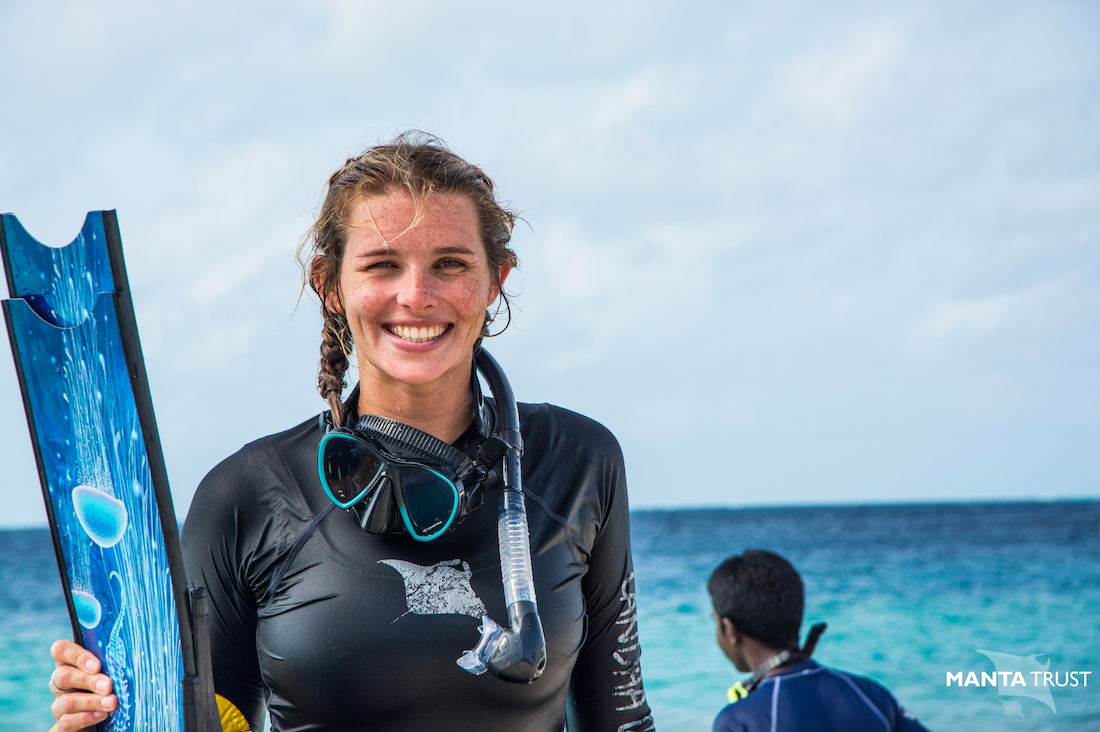
From Fashion to Marine Biologist: An Interview with Flossy Barraud
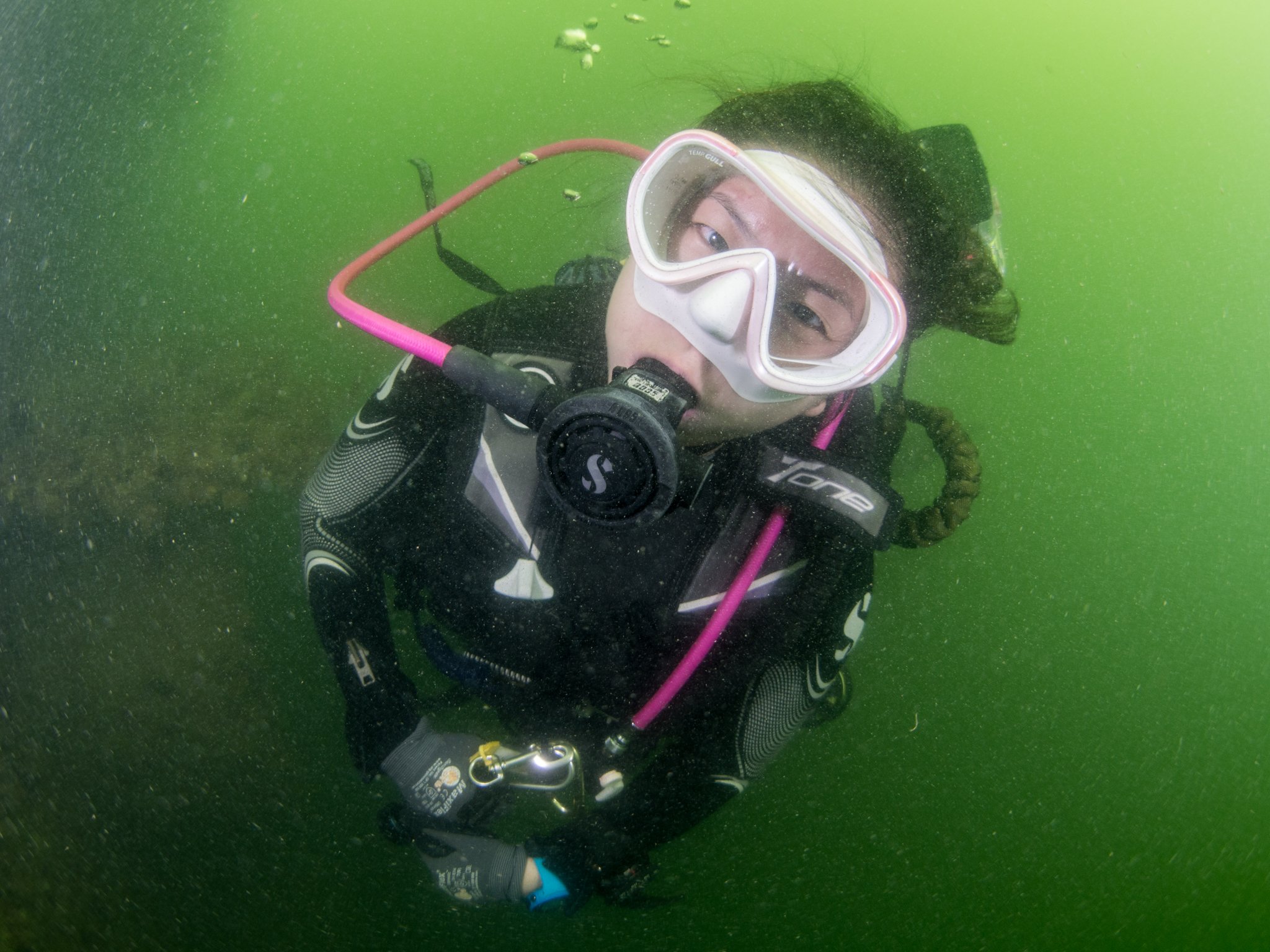
Making science fun and not giving up! An interview with Sam Shu Qin
Lobbying for Lobsters: Do they feel pain?
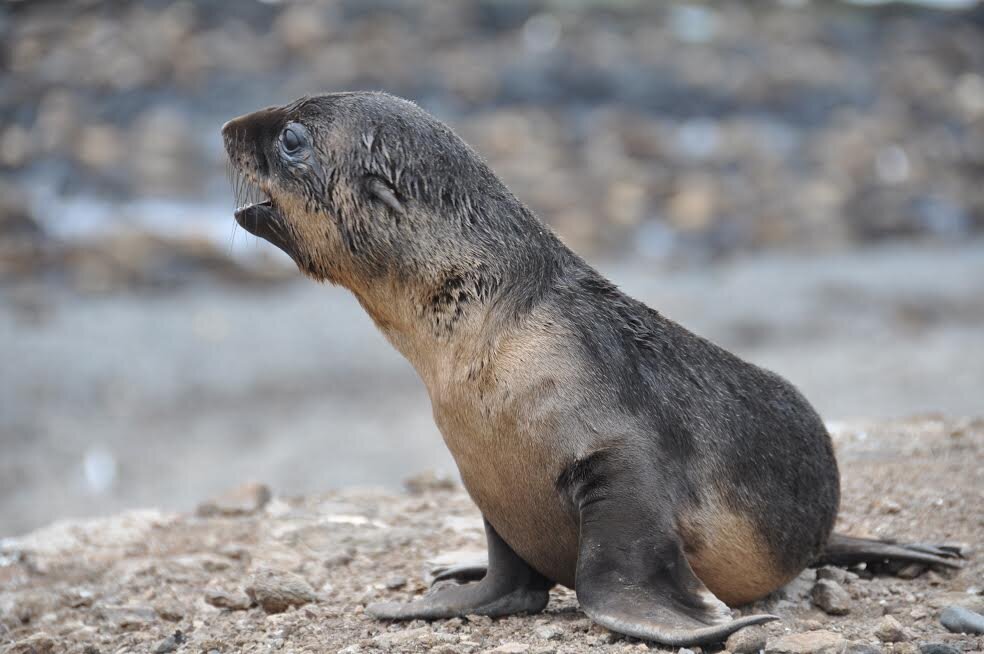
Fire Retardant Fur Seals: A Team Interview
Nothing has caught my eye in the same way that “Firefighting chemicals found in sea lion and fur seal pups” did on my monthly google search for blog topics. The real paper is called “Per and polyfluoroalkyl subtances (PFAS) at high concentrations in neonatal Australian pinnipeds”. Researchers from the University of Sydney analyzed levels of PFA’s found in three pinniped species: Australian Sea Lion (N. cinerea), Australian Fur Seal (A.p. doriferus), and Long-nosed Fur Seal (A. forsteri). PFA’s (identified as PFOA’s and PFOS’s through out the article) are fire retardant chemicals that can be found in products such as fire fighting foams, “stain repellents, polishes, paints and coatings”.
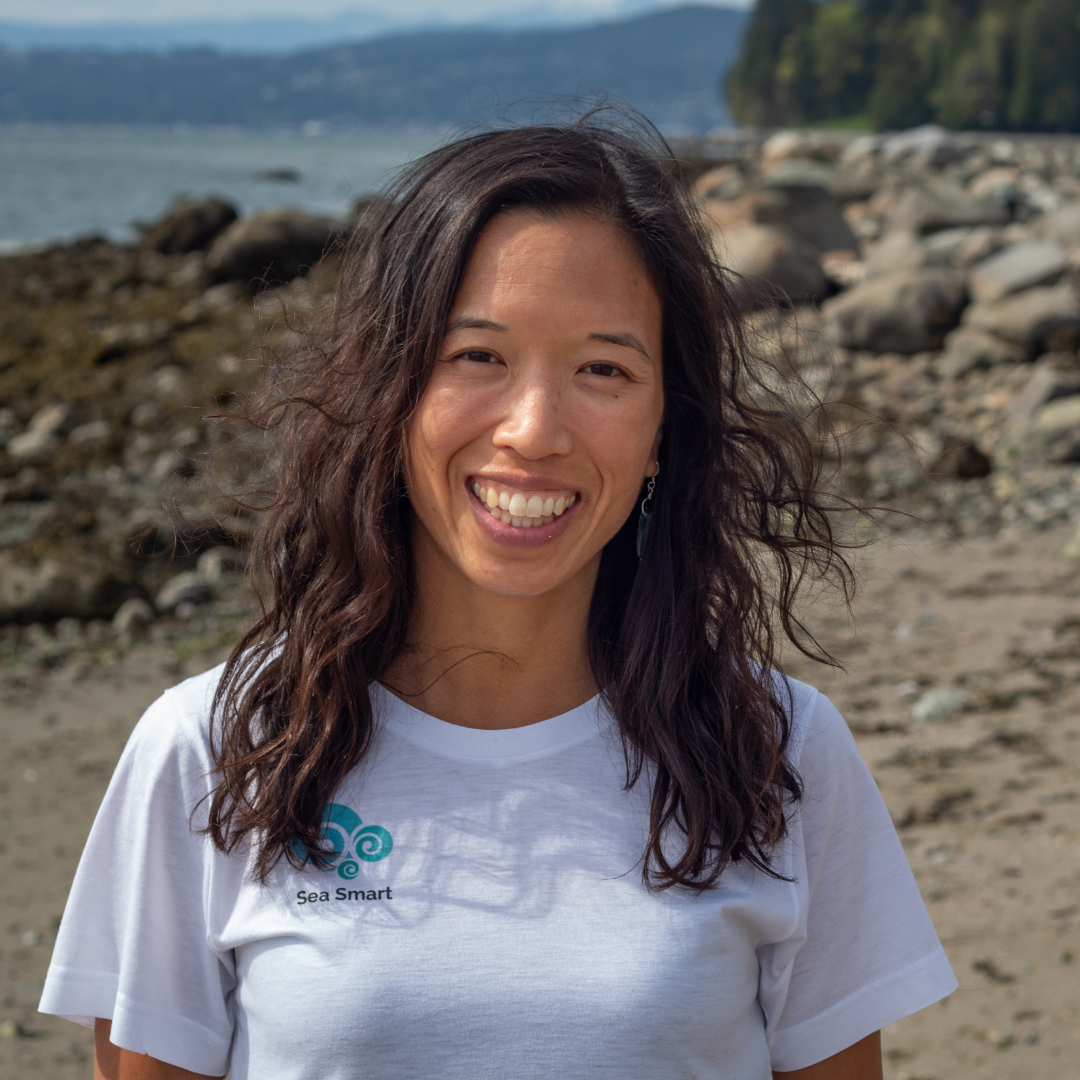
Becoming “Sea Smart”: An Interview with Dr. Elaine Leung
Some people know right away that they want to be a marine biologist. Others may shy away for one reason or another at first, and then become an influential part of the marine science community. Dr. Elaine Leung falls into the latter category--her excellence in the field seemed unlikely at first, as she is prone to seasickness! Luckily for the Women in Ocean Science community and beyond, she has pushed through the initial apprehension and now has over fifteen years of experience researching threatened marine animals--especially top predators--and worked with many global stakeholders to protect species based on her findings.
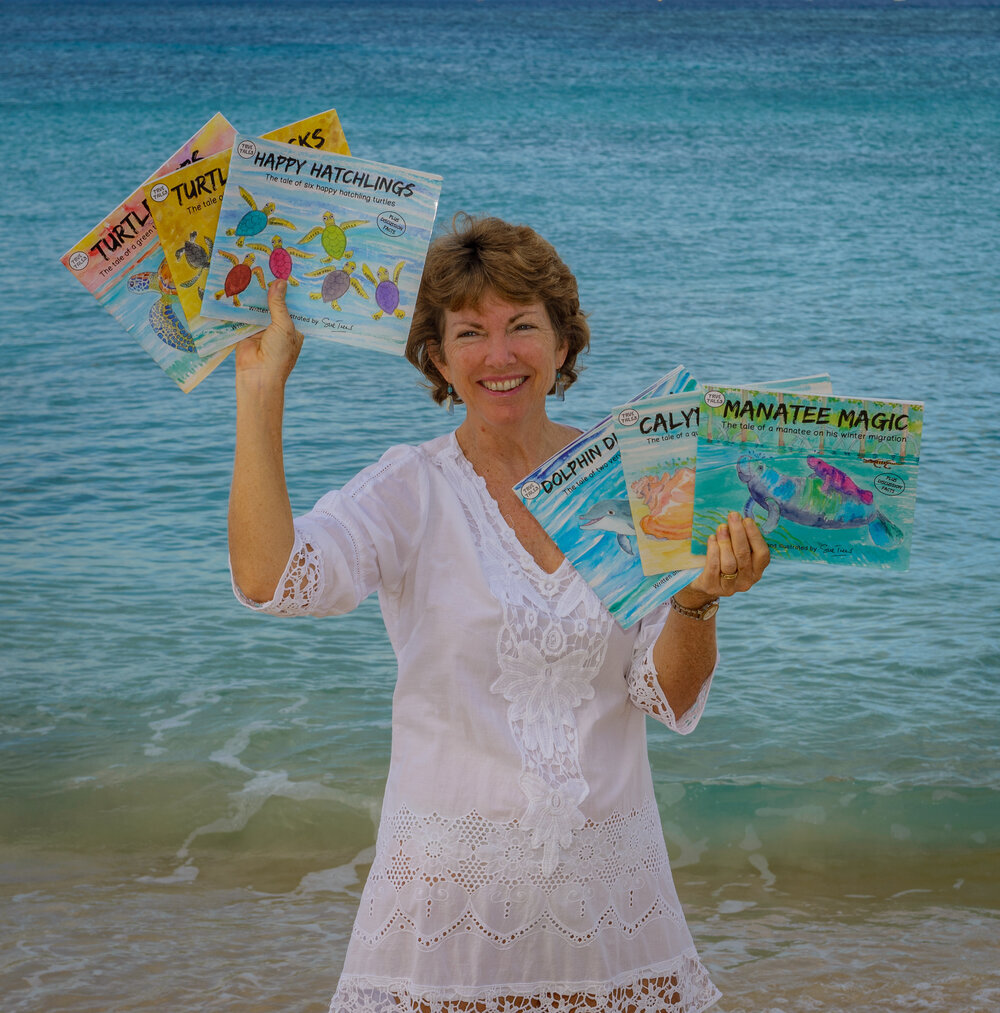
Starting Small: Interviewing Sue Trew, children's author and illustrator
Sue Trew is an author and illustrator who grew up on the islands of Barbados. Inspired by the wildlife she grew up around, she launched her series of children’s books and plushies called Turtle Tracks Family. You can find Trew’s books in zoos, aquariums, and non-profits across where revenue goes back to support their programs. She actively works with partner organizations to write books on specific topics, such as her latest “Gecko Getwaway” sponsored by the Fauna & Flora International.
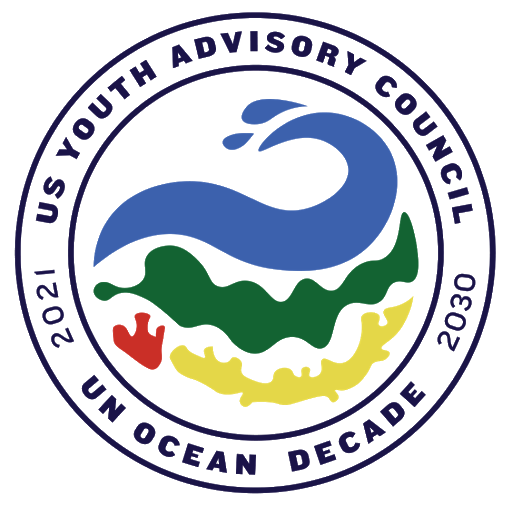
WELCOME TO THE 2021-2030 UN OCEAN DECADE
Yes! You heard us right!! We are finally here, the 2021-2030 United Nations (UN) Ocean Decade! As we swim into the new year, we are full of hope and excitement for what the future holds. The UN Decade of Ocean Science for Sustainable Development is all about reversing the damage to our planet that has created a decline in ocean health.
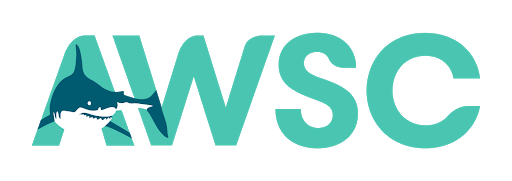
Using Education to Protect Great White Sharks: A Discussion with Marianne Long
The Atlantic White Shark Conservancy is a Cape Cod, Massachusetts based non-profit organization with the mission to support scientific research, improve public safety, and educate the community to inspire white shark conservation. Marianne Long is the Education Director at AWSC. She works with the Education team to create and deliver education programs that engage the public

Ocean Connectedness in A World of Injustice
World Ocean Day feels a little different this year. Heck, everything does. During this time of the COVID-19 pandemic, and a fight for racial justice, some us have retreated from others, some have sought creative ways to cope with lingering anxiety and the thought of the unknown, and some have taken their anger and sadness to the streets in the form of protests.
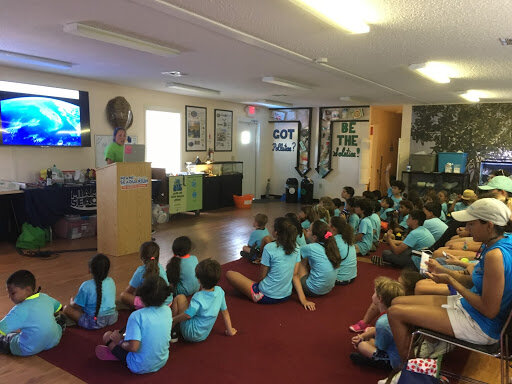
Shaking Up South Florida - An Interview with Marine Educator Shannon Jones
Currently, I am the Conservation Programs Manager at The Phillip and Patricia Frost Museum of Science. I help manage and coordinate our conservation efforts, which include coastal restoration both above and
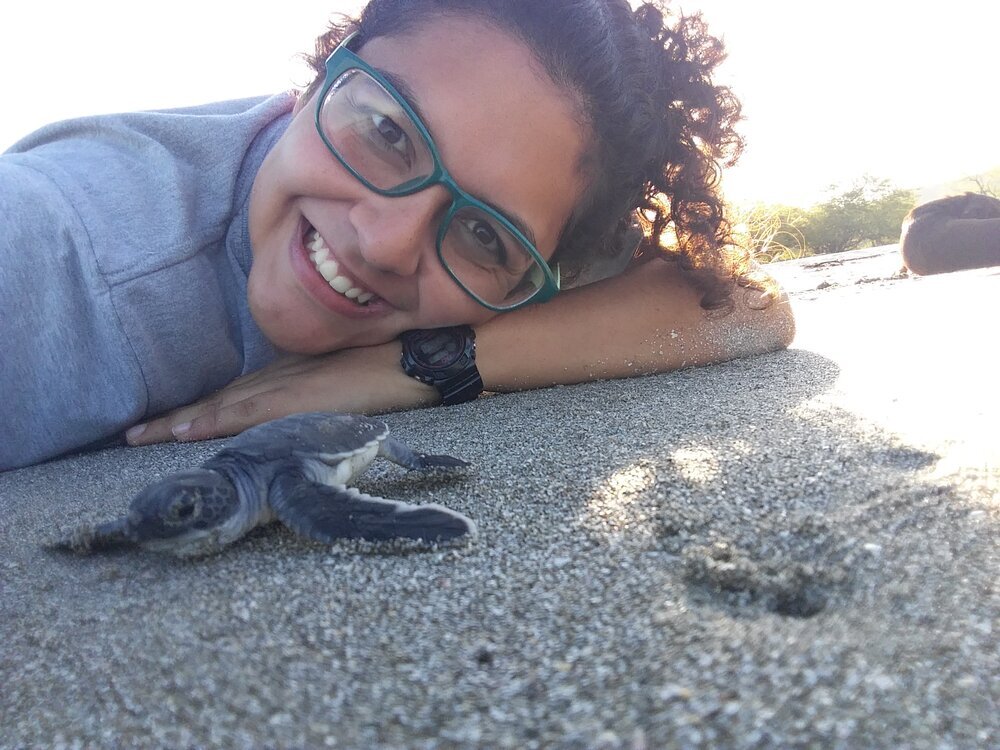
More than a scientist
When you think of a scientist you might think of someone in a lab or working outside, but rarely do you think of someone in the classroom. Veronica “Vero” Valverde works for the Leatherback Trust in Playa Cabuyal, Costa Rica and is one of the original members of their educational program, launched in 2017.

What To Do If Research Isn't For You?
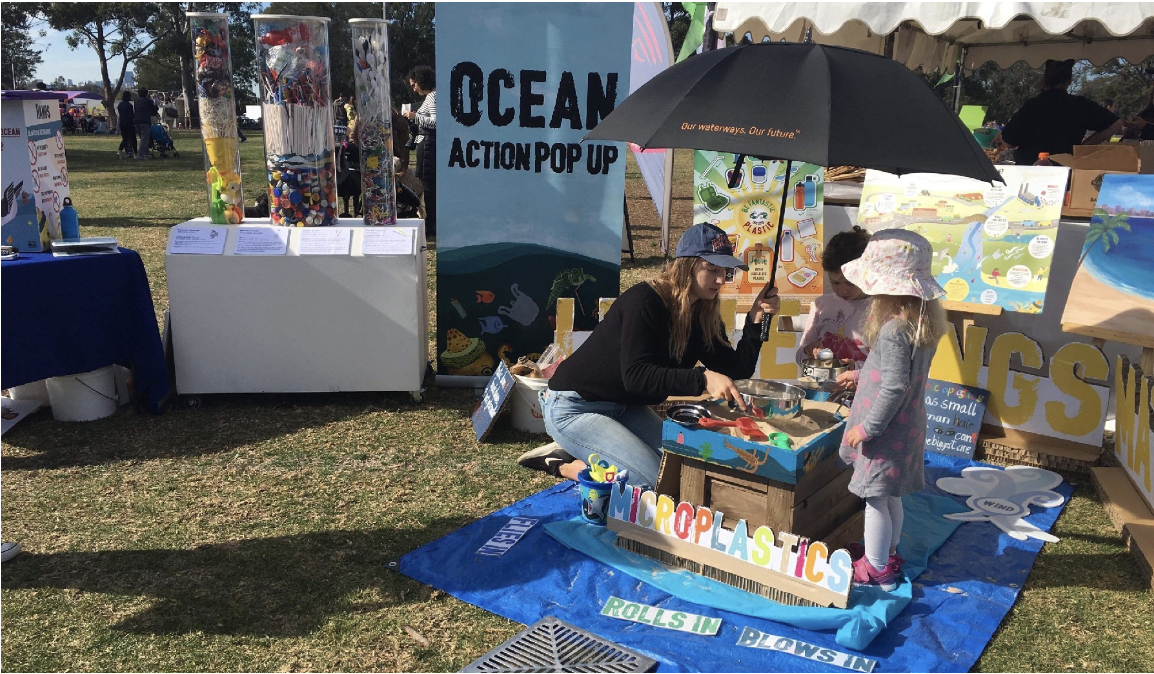
Why Volunteering During Your Degree is Super Important!
Though volunteer work is often hotly debated in many professions (should people do paid-level work for free?), as a marine scientist, I have personally found volunteer work to be super important and rewarding - throughout my degree, I volunteered for countless companies and labs and wouldn’t take any of it back. If you haven’t thought about volunteering, or are tossing up whether or not you should take a volunteering position because it doesn’t seem worth it, here are five reasons why you should say yes…
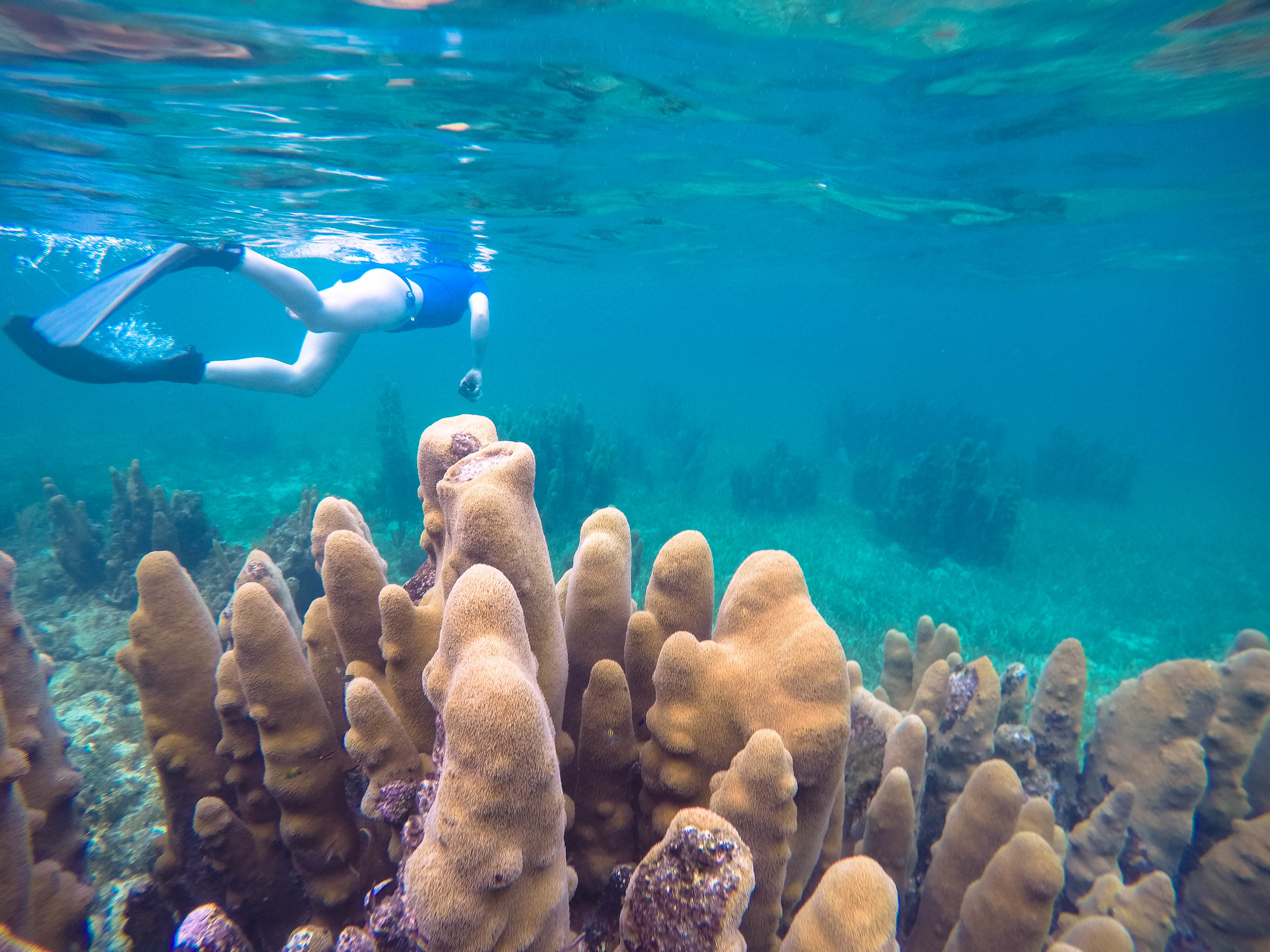
How To Get Into Marine Biology
If we had a penny for every time someone asked us this question… then we would be rich enough to fund all the science needed to protect the ocean. Ok, ok, joking aside, it’s a valid question and there are so many routes and roads into this field, that it can be a daunting web to untangle. This article sets out what you need to do to get into marine biology…
